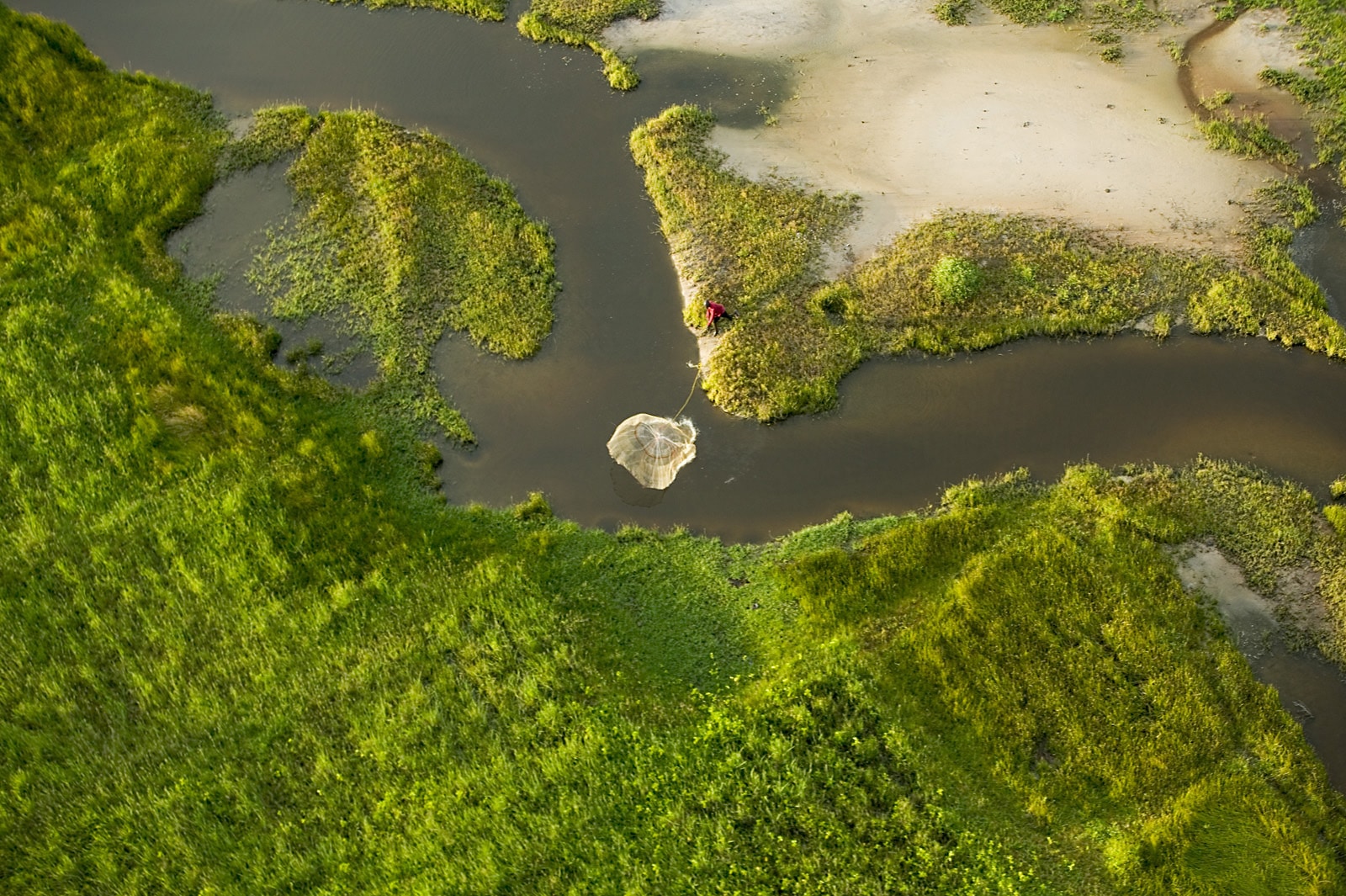- Creation-Management of Community based Protected Areas
- Bénéficiaire HERP GHANA
- Montant du projet 118 866 €
- Subventions FFEM 36 700 €
-
État du projet achevé
The project intervention area will be located within the Togo-Volta Hills, in Eastern Ghana, (200 km North-East of Accra). These mountains contain many forest species that are isolated from the more expansive rain forest blocks to the west and east. It is therefore a priority conservation site that harbors endemic plants and animals. It is home, for example, to the critically endangered Togo slippery frog, (Conraua derooi, CR), and at lIeast five other threatened species, (eg Hyperolious torrentis, EN, Necrosyrtes monachus, CR, Phataginus tricuspis, VU, Phataginus tetradactyla, VU, Amietophrynus togoensis, NT) and a very rare plant species.
Habitat degradation, forest loss and hunting are driving declines in wildlife population and destroying the unique ecosystem that support these endemic species. Frog Hunting is fun activity particularly high among the youth. Local people believe that eating the Togo slippery frogs ’meat makes you immune to a number of diseases. In contrast to frog hunting, “bushmeat” hunting is perpetrated by the elderly folks mainly for the purpose of supplementing household income. Uncontrolled extraction of water from the village stream also leads to reduce quantity and quality of stream water needed for successful frog tadpole development. Washing and bathing in the stream also releases toxic chemicals into the stream with possible catastrophic consequence on this critically endangered frog.
Herp Ghana was created in 2006 by a small amphibian conservation interest group at the Kwame Nkrumah University of Science and Technology and adopts participatory, interdisciplinary and trans-disciplinary approaches and / or processes to understand and mitigate threats to species and their habitat. This project aims to strengthen protection of the unique biodiversity of the Volta-Togo Highlands of Ghana through promotion of community-based governance and management of natural resources and development of livelihoods compatible with biodiversity conservation.
